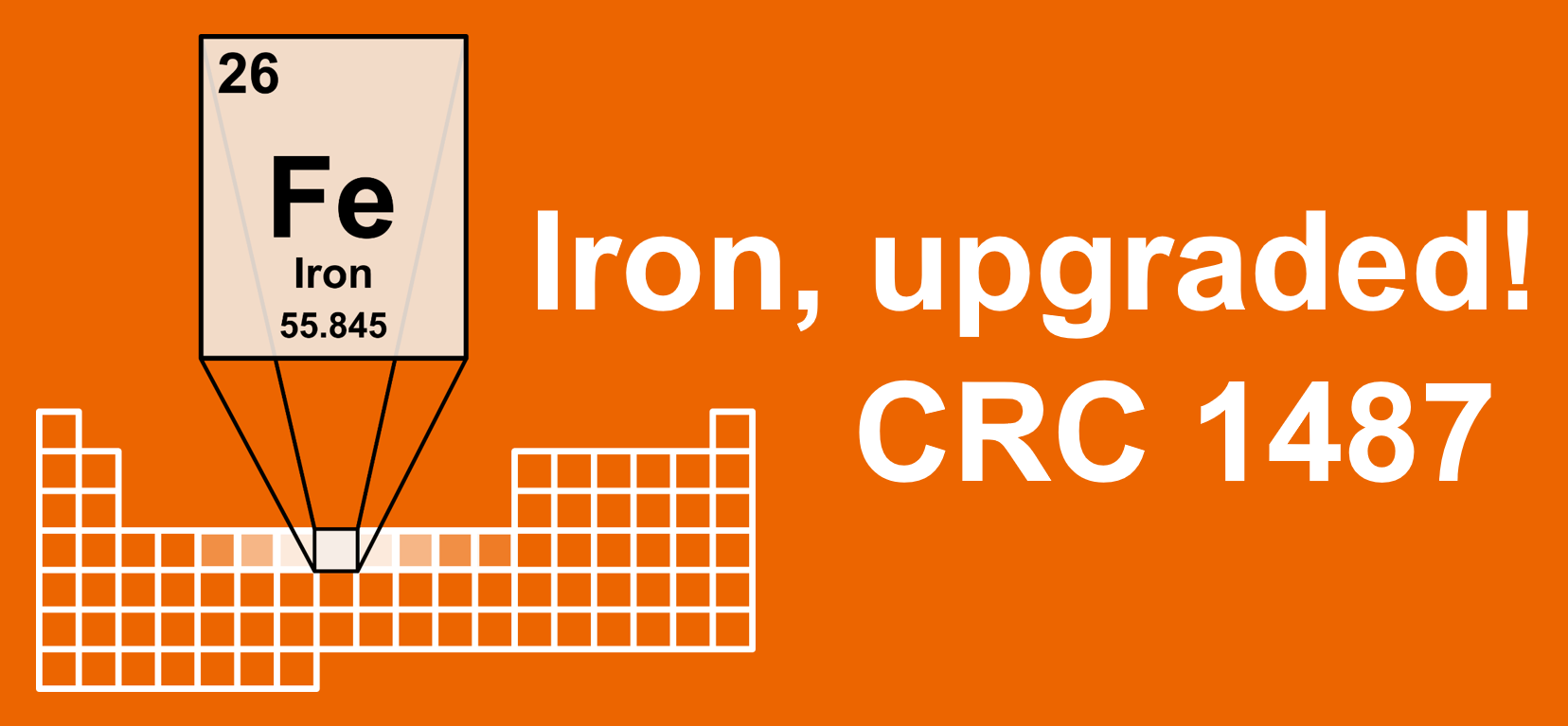Equality through the ages: from the lab to the stage
TU research networks organize joint gender equality event
2024/11/05
What was life like for the three outstanding female researchers Marie Curie, Lise Meitner and Hedy Lamarr in a male-dominated world at the end of the 19th and beginning of the 20th century? What rejection and doubts were they openly confronted with and how did they manage to stand up to them, assert themselves and be successful? A play performed at the TU last week attempts to answer these questions.
On October 30, around 100 guests accepted the invitation of the research networks Clean Circles, Transregio (TRR)150, Collaborative Research Center (CRC) 1548, TRR 270, CRC 1487 and TRR 361 to the Wilhelm-Köhler-Saal at TU Darmstadt to see the English-language performance of the play “Curie_Meitner_Lamarr_indivisible” by the Portrait Theater Vienna. In the 90-minute play, actress Anita Zieher embodies the three characters under the direction of director and author Sandra Schüddekopf and convincingly portrays their scientific careers, their similarities but also their different personalities.
Unstoppable passion for technology and science
What all three women scientists had in common was their ambition to achieve great things. They were not afraid of innovation and the technical and scientific world, which was usually closed to women at the time. With their passion for technology and science, they defied the social norms of the time. The three women succeeded in proving themselves and dealing with this rejection in an almost purely male world despite the blatantly open rejection – an additional task “alongside” the purely scientifically complex content, family obligations in the case of Marie Curie and Hedy Lamarr and the political events surrounding the two world wars. All three succeeded in convincing the most outstanding researchers of their time of their competence and working together with them. As a result, they became role models for countless female scientists right up to the present day.
Each of these three personalities can be described in a nutshell with their own basic statement: In Marie Curie's case, this is not to let anything or anyone pull her down, neither people nor events. Lise Meitner's motivation was her love of physics, which drove her on again and again. Hedy Lamarr took it for granted that creative people always produce the unexpected – this was also true of herself: as an actress, she was considered an outsider in the technical world, yet her invention made her the founder of today's encryption technology.
Panel discussion with female TU scientists
There is no longer the open rejection of women in science and technology that there was back then, but have we really reached our goal? What difficulties from back then still exist today? After the screening, the director of the play, Sandra Schüddekopf, Professor Emeritus of Biology Felicitas Pfeifer, Professor of Materials Science Bai-Xiang Xu and PhD student Antje Vahl from the Department of Electrical Engineering and Information Technology, moderated by Dr. Laura D'Angelo, discussed these issues. What the three TU members have in common is that they work in the natural sciences and engineering – albeit at different career stages: from recent Master's graduates to young professors and emeritus professors. This meant that perspectives from different career levels and different time periods could be incorporated into the discussion.
Questions from the audience were also included. The discussion revealed that networks and personal recommendations or mentoring are still extremely important. The feeling of female scientists and engineers that they have to prove their competence against the backdrop of measures to combat the underrepresentation of women and that they are put to a tougher test than their male colleagues was also mentioned.
There was great praise from the audience for the choice of format and the three principles of Marie Curie, Lise Meitner and Hedy Lamarr are certainly just as helpful today as they were then.
Participating research networks/cst/pb




